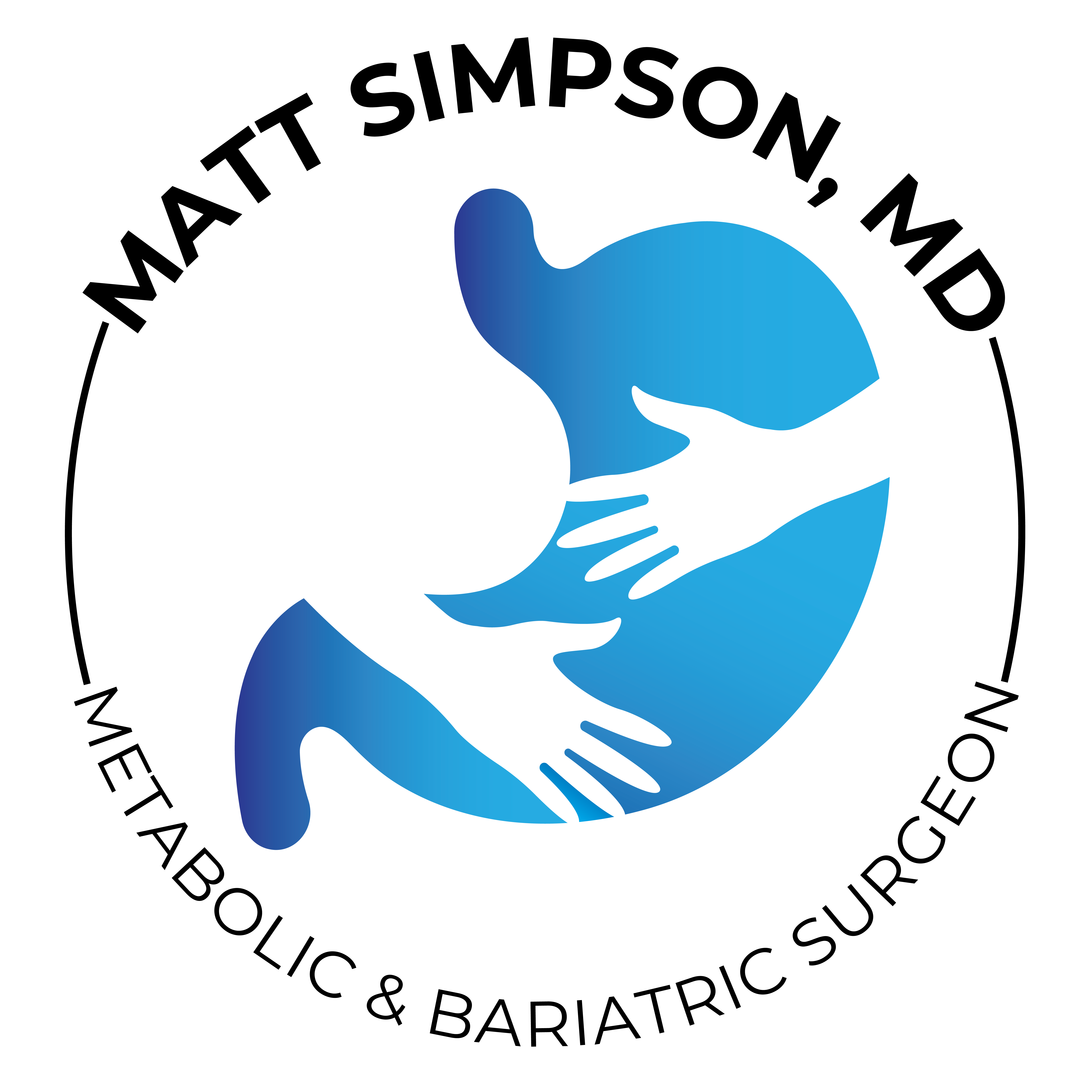

- 000-000-0000
- info@mattsimpsonmd.com
- Office Address
- Office Hours - CST
- Monday - Friday: 9:00 AM - 6:00 PM
- Saturday & Sunday: Closed
- 417-533-6780
- By Appointment Only
- 120 Hospital Dr. Lebanon, MO 65536
There are a number of reasons a patient may wish to consider revisional bariatric surgery, such as:
Many patients who undergo revisional bariatric surgery enjoy an increase in quality of life, as well as a decrease in co-morbidities associated with obesity. However, weight loss surgery revision is not appropriate for every patient.1
When patients achieve less-than-favorable outcomes from a primary weight loss surgery, it is necessary to determine the cause of those results. It is possible that there is a physical cause for the patient’s inadequate weight loss or weight regain that requires additional medical treatment. It is also possible that a lack of success following bariatric surgery can be traced to patient behavior (such as excessive portion sizes, poor eating habits, or a lack of physical activity).2
Before you are pronounced a candidate for revision weight loss surgery, your doctor will thoroughly evaluate both your physical health and your lifestyle so that we may provide you with the treatment plan most beneficial to your unique situation.
the majority of our patients who wish to improve upon outcomes of previous bariatric surgical procedures seek to convert from one weight loss surgery procedure to another.
By far, the most common weight loss surgery revision procedure we perform is conversion from a Gastric Sleeve to a Duodenal Switch.
Gastric Sleeve weight loss surgery, formally referred to as Sleeve Gastrectomy, is designed to help patients achieve and permanently maintain weight loss. However, some patients struggle to make the necessary diet and lifestyle adjustments to ensure their success after Gastric Sleeve surgery. When a patient overeats after gastric sleeve weight loss surgery, the gastric pouch can be stretched.
Sometimes, patients who experience stretching of the gastric pouch after a Sleeve Gastrectomy choose to undergo a revision procedure to have the size of the pouch reduced. More often, our patients experience more successful outcomes by converting to a Duodenal Switch procedure after Sleeve Gastrectomy.
The creation of a gastric sleeve is actually the first stage of a Duodenal Switch procedure, so when a patient already has a gastric sleeve the surgeon can move on to the second stage to complete the Duodenal Switch. This involves rerouting food from the upper portion of the small intestine. To do this, the surgeon makes a small incision in the small intestine just below the duodenum and another incision towards the lower end of the small intestine. The lower cut end is then connected to the higher cut end, essentially bypassing much of the small intestine. This reduces the number of calories a patient is able to absorb from food.


Interested in this surgery or want to learn more?
Click the button below, fill out the from, and we’ll contact you soon!



